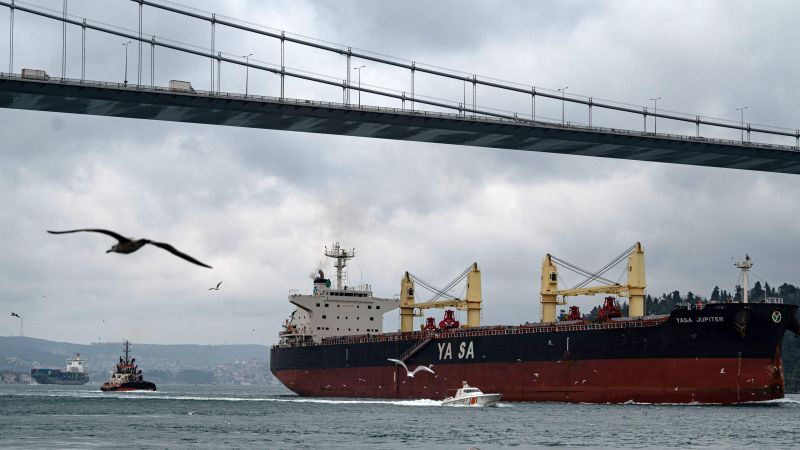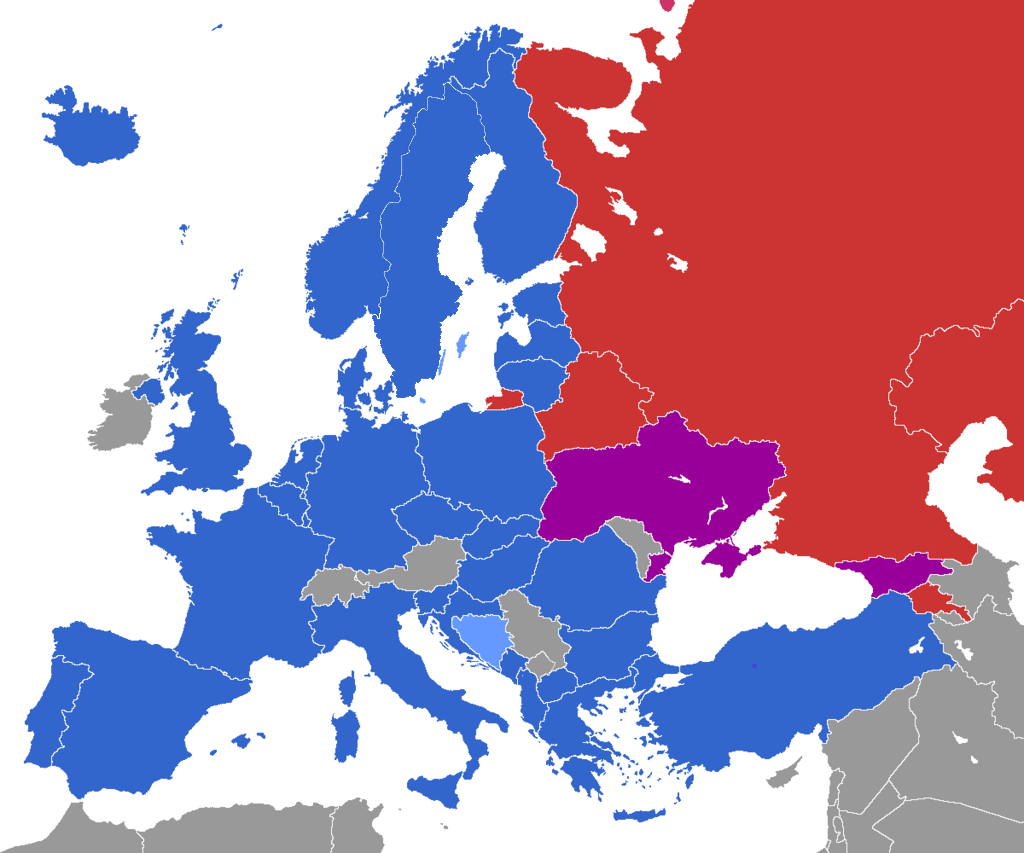fishonjazz
Well-Known Member
Contributor
2018 Award Winner
2019 Award Winner
20-21 Award Winner
2022 Award Winner
2023 Award Winner
2024 Award Winner
2025 Award Winner
Where the **** do you get Kirkland brand vodka from?
And BTW I think I read somewhere that Kirkland brand vodka is rebranded Grey Goose.
My bro in law bought a bunch of it from a costco in vegas for me
Sent from my iPad using JazzFanz mobile app



